The minutes of the show committee have been retrieved and preserved in bound volumes by Jim McCarroll, MRCVS and a book about the show has just been published. Meetings were held in the courthouse in Carndonagh and the minutes of each meeting were written up in fine hand writing. I had a look at the minutes for 1905 and they provide an interesting snapshot of rural life in mid-summer. The Congested Districts Board offered a grant of £30 for prizes, which was quite a sum when prizes ranged from 7 shillings for first and lesser amounts for other places.
Names of donors are listed from all over the peninsula and I noted the names of my neighbour James McGlinchey, JP, whose brother was parish priest of Culdaff and who had baptised my father at Redford, where Neil Doherty now lives. I also noticed the name of Miss Monagle who won a prize for honey and taught at Ballyharry school. She also owned a cow which she walked to school and grazed in the school grounds during the school day. The Earl of Shaftesbury, whose grandson I met recently in Gleneely, contributed £5 as patron. The minutes are an invaluable source of genealogical information for families across the peninsula. The Irish Peasantry Society based in London, which aimed to help the rural poor, also made a donation.
A separate committee existed for Home Industries and this section provides an invaluable insight into the arts and crafts section of the cottage industries, which played an important part in the upskilling and liberation of women in rural districts. Elsewhere the names of women employed in the Lace Schools are listed. It is good to see that today the show still runs a very successful home industries section; Clonmany show has a similar exhibition annually.
Arguments are recorded about the most suitable day to hold the show. Certain days were market days in local town and traders objected if the show was held on their market day. A settlement was reached by holding the show on Monday in Carn, the town’s market day.
Every penny was accounted for. Records show the amount spent on buying barbed wire to enclose the show filed. This was a rare commodity in the countryside at this time and it played a vital role in bringing peace to the townlands. Cattle stopped roaming at will and there were consequently fewer disputes between neighbours over trespass – a serious matter if a field of corn was cropped by an invading herd.
There was great community involvement – clergy of all denominations, the gentry and their tenants, shopkeepers and businessmen. Schools were involved in poetry competitions and hand writing exercises.
All of the minutes dating from the mid-1800s are now bound thanks to the energy and perseverance of Jim McCarroll. The book will be available to the public shortly. Further information on rural life in this period can be found in my book DONEGAL IN TRANSITION.
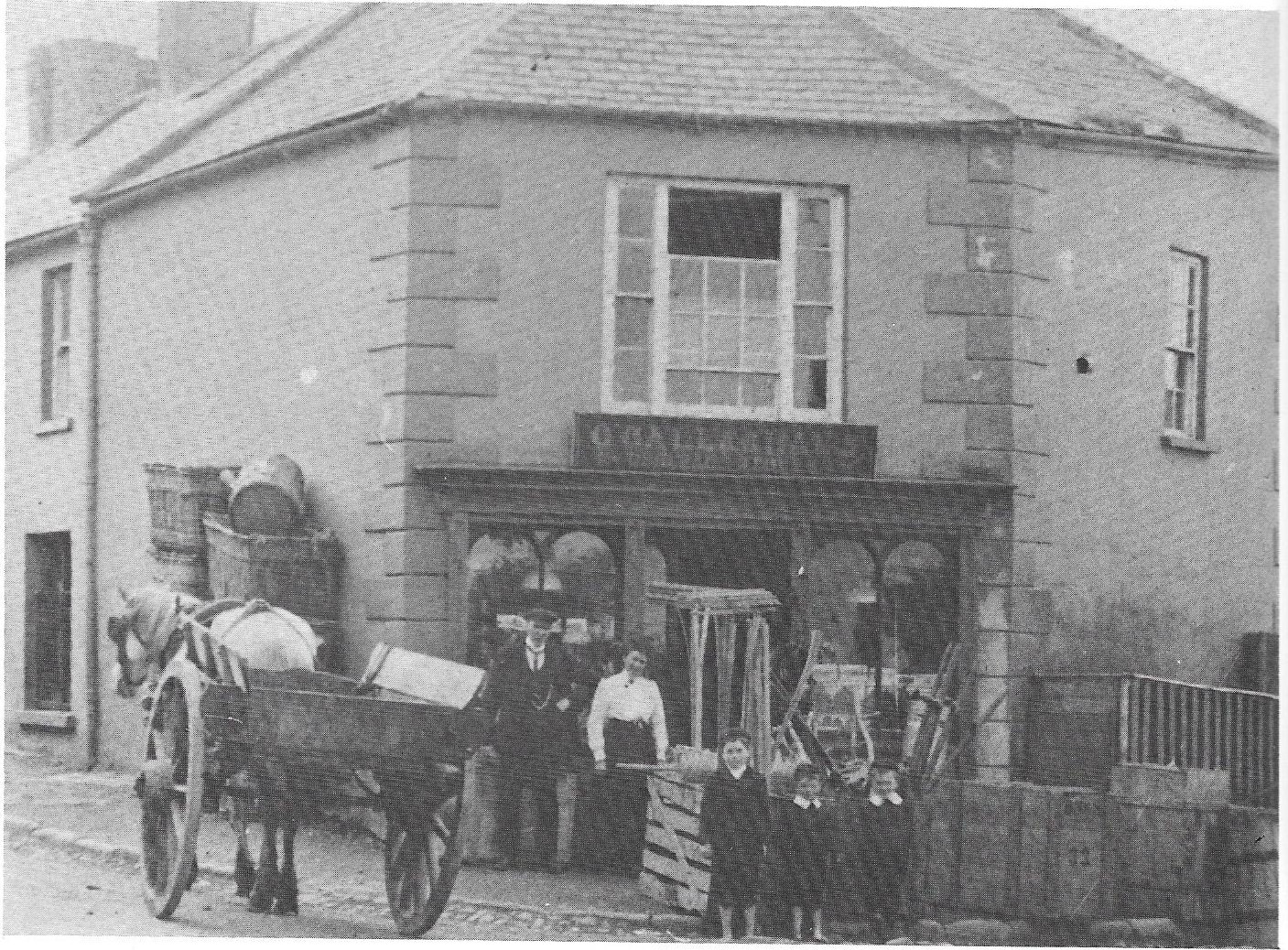

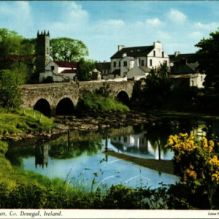
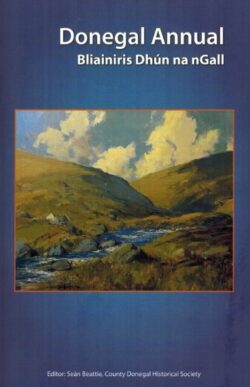
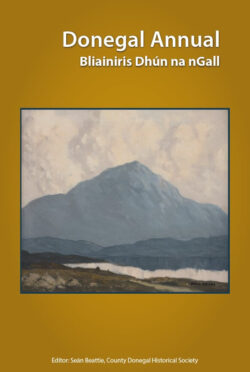
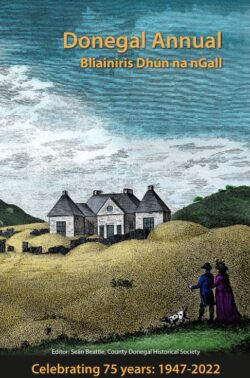
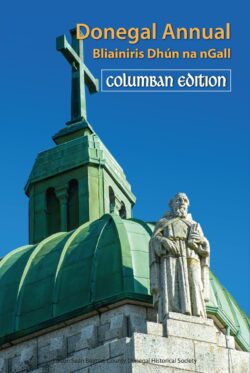
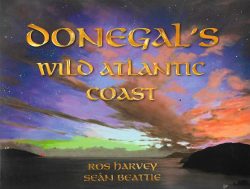
Leave a Reply